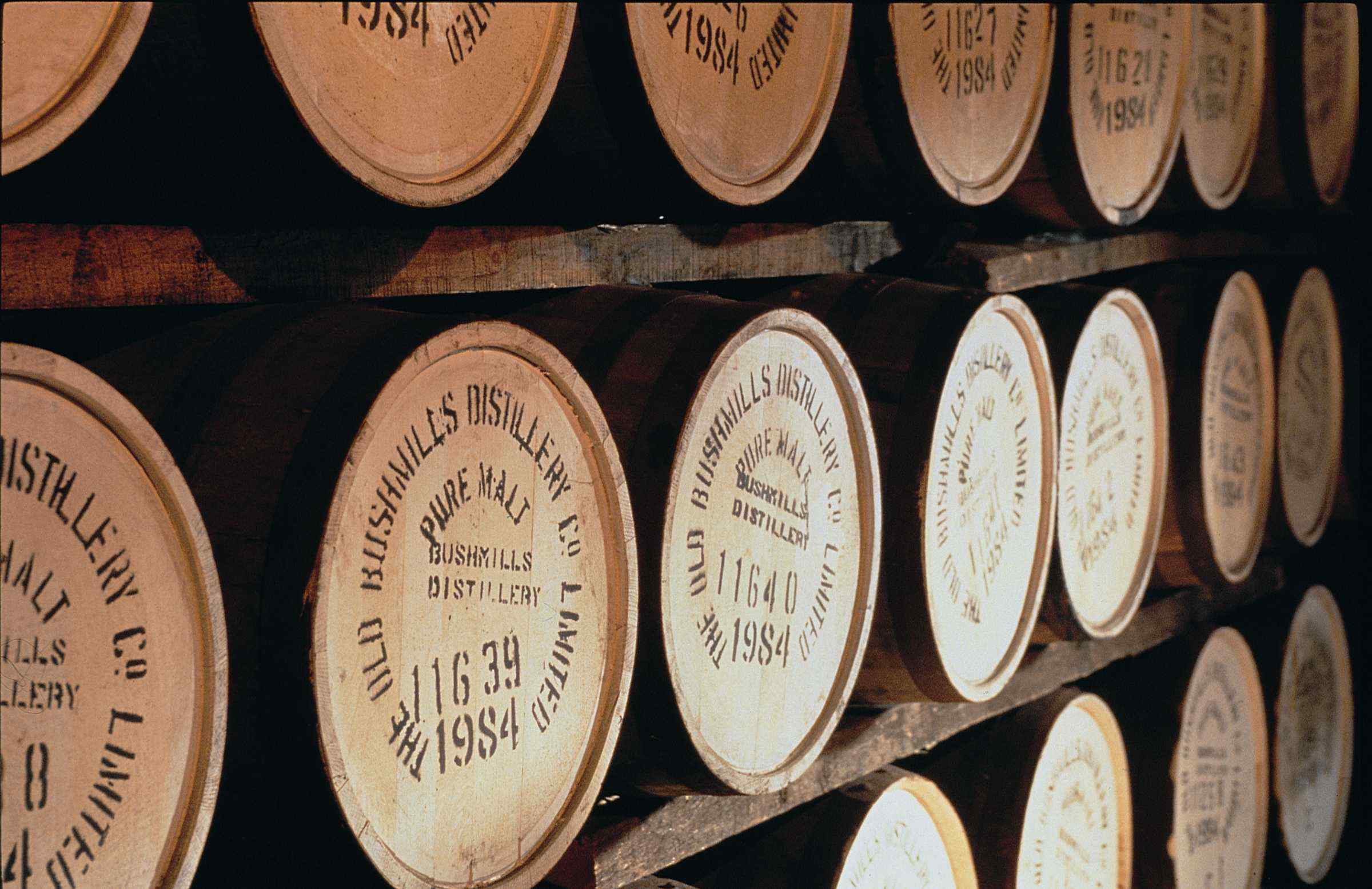
I can’t tell you how many times someone has asked me "What’s the difference between Scotch and Whiskey”? At first I thought it was just one person who misunderstood the concept, but after running into this situation multiple times over the last few years I’ve learned that the majority of the people in the world really have no idea what makes whiskey whiskey, Scotch Scotch and Bourbon Bourbon. WHAT IS WHISKEY?If we’re going to explain the difference between whiskeys, first you should understand what a whiskey actually is. To keep it simple, whiskey is any booze distilled from fermented grain mash. The only exception to this being some whiskey made from corn, which doesn’t always have to be aged. All whiskey must be distilled at a minimum of 40% alcohol by volume. The difference between the various whiskeys relies mostly on the type of grain used for the mash.
WHAT IS SCOTCH?
Since all whiskey is made from fermented grain mash, Scotch will obviously be no exception. To qualify as a scotch the spirit must be made from malted Barley, with many scotches using nothing more than barley, water and yeast. The spirit must also be aged in oak casks for no less than three years, and must have an ABV at less than 94.8%. Finally, you cannot call your drink Scotch unless it was made 100% in Scotland, from Scotland. WHAT IS BOURBON?
Bourbon whiskey must be made from a grain mixture which is at least 51% corn. The fermentation process for this mixture is often started by mixing in some mash from an older already fermenting batch, a process known as sour mash. Much like how Scotch must be made in Scotland, Bourbon can only be labeled as Bourbon if it was made in the United States. While the rules are slightly more loose with Bourbon than with Scotch it still has to form to a few requirements. The spirit must be distilled to no more than 80% alcohol (160 proof), aged in new charred oak barrels. Finally Bourbon has no minimum aging period, but to call your product Straight Bourbon it must be aged for no less than two years (and can have no added coloring, flavor or other spirits added). WHAT IS TENNESSEE WHISKEY?
For all intents and purposes, Tennessee Whiskey is straight bourbon made in the state of Tennessee. The people who produce this spirit, such as Jack Daniels, don’t want their whiskey labeled as Bourbon, claiming that they are the only type of whiskey which puts the spirit through a charcoal filtering process. As a result they believe their drink deserves to be distinguished with a separate name. Other than that all Bourbon rules apply. WHAT IS RYE?
Rye is the trickiest of all whiskey’s to define. The reason for this comes from a historical naming convention for Rye produced in Canada. While you would assume Rye whiskey must be made predominantly from Rye mash, this is not always the case. Canada has distilled Rye for almost as long as the country has existed, and historically the majority of the mash was comprised of Rye mash. But with no actual rules in place the spirit is now produced with a mash sporting a corn to rye ration as high as 9:1. The only rule to label your whisky as Rye in Canada is for it to have some rye in it, and to possess the aroma, taste and character generally attributed to Canadian whiskey… whatever that is. In American Rye whiskey must be made from a mash made from no less than 51% rye. The other ingredients commonly used include corn and barley. Same as Bourbon it must be aged in charred new oak barrels distilled to an ABV less than 80%. Again, as Bourbon, only Rye which has been aged more than two years may be referred to as Straight. There is only one Rye producer in the world (Alberta Premium, from Canada) which is made from 100% rye mash. Edit (April 23rd, 2013): There are some more 100% ryes being put on the market lately, but it’s a bit of a lie. Nearly all of these ryes are made by Alberta Premium (or Alberta Springs, which is the same place) and are simply bottled and re-branded. The most famous example of this is WhistlePig. WHAT IS IRISH WHISKEY?  Irish whiskey is pretty much any whiskey aged in the Republic of Ireland or in Northern Ireland. Like Scotch it must be distilled to an ABV of less than 94.8. It must be made from yeast-fermented grain mash in such a way that the distillate has an aroma and flavor derived from the materials used. (I copied that line directly from Wikipedia). Finally, the whiskey must be aged for at least three years in wooden casks. As you can see, other than Canadian Rye, Irish whiskey has some of the most relaxed rules, which will create a larger diversity in the whiskeys produced.
| 


